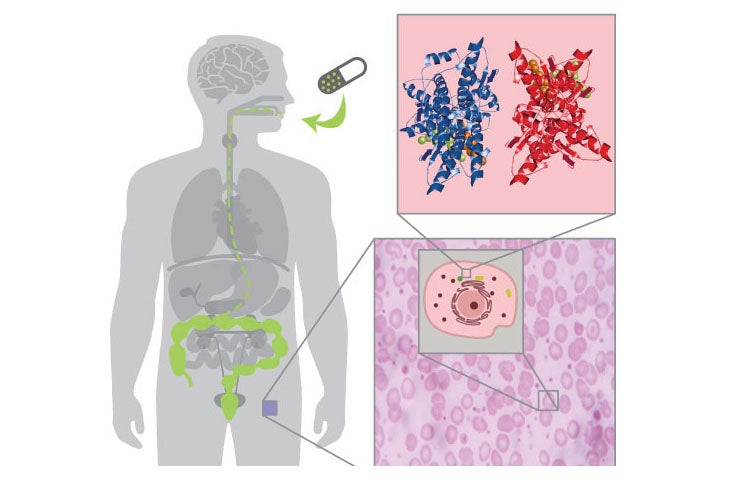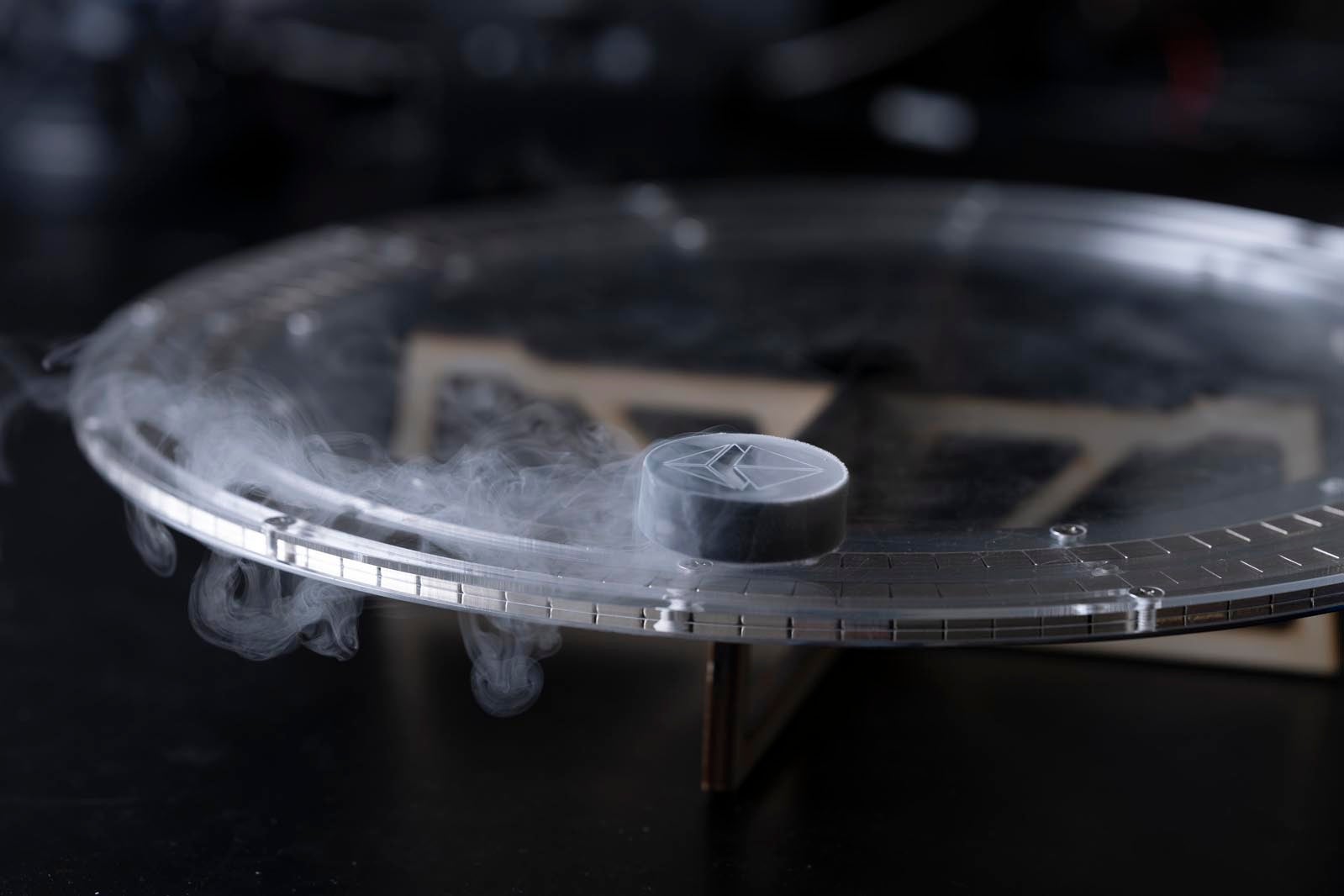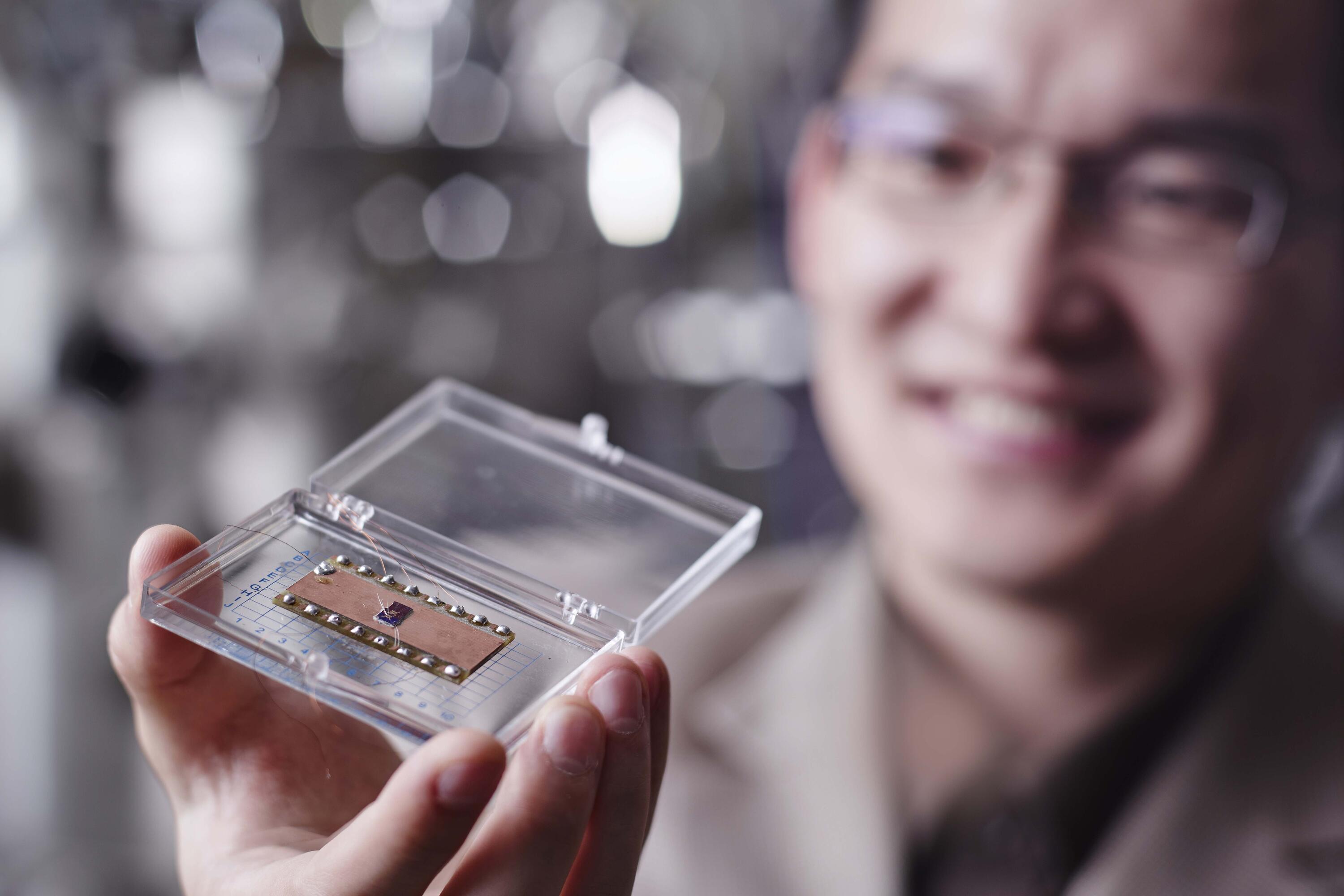
Studying quantum systems
To understand large quantum systems, like complex molecules, we need to understand and model the quantum interactions between their components. To run computer simulations for these problems, we effectively need to teach our computer quantum mechanics, which is very difficult for computers to do.
If, instead, we simulate our quantum system using another quantum system as a simulator, one that is easier to control and study, we could learn about it more efficiently. This is because the quantum simulator doesn’t need to “learn” quantum mechanics: it already works by the same rules!
Possible applications of quantum simulation include:

Quantum for Medicine
Alzheimers, Parkinsons and Huntingtons diseases all have one thing in common - they are caused by misfolded protein molecules. Quantum simulations can help us understand protein folding and help cure these diseases.

Superconducting materials
Today, we lose up to 10% of electric power during transmission. Superconductors can carry electrical currents with no loss. The superconductors we have today only work at temperatures below -100C. Quantum simulations will be crucial for developing high-temperature superconductors, which could transmit power from electrical power plants with no loss.

Quantum for the environment
By understanding the precise quantum dynamics of chemical reactions there can be tremendous benefits for our environment. For example, quantum simulators could find chemical catalysts to remove CO2 from the atmosphere, or reduce the massive amounts of energy needed to make fertilizers.

Spintronics
Spintronics, or spin electronics, uses the electrical charge and the quantum spin of electrons to store and manipulate information. It promises faster and much more energy efficient technologies. Quantum simulations will help us develop the materials needed for practical applications of spintronics.
Simulating quantum systems
Approaching quantum simulation from both a theoretical and an experimental perspective paves the way towards discovery. Christine Muschik, assistant professor at IQC and the physics and astronomy department, is studying quantum simulations of gauge theories, the theories that describe the way particles interact at the most fundamental level. Read more (PDF) about how she is developing practical simulation concepts that could be turned into special purpose simulators in the lab.
Rajibul Islam, Principal Investigator of the Laboratory for Quantum Information with Trapped Ions (QITI) and assistant professor in the Department of Physics and Astronomy, has been at the forefront of experimental research in trapped ions as quantum simulators. See how the QITI group is trapping the potential of ions.